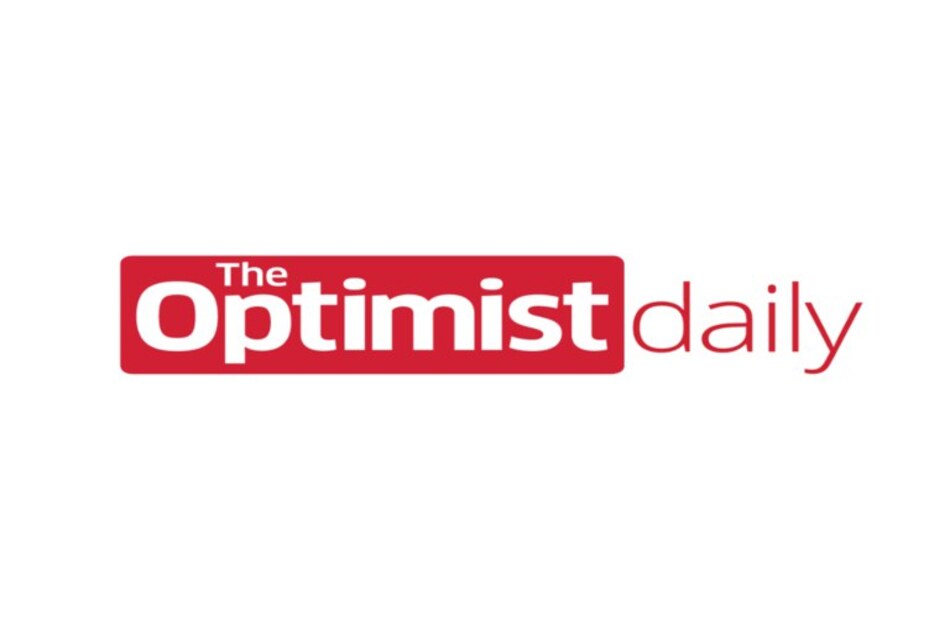Ninety nine percent of mushrooms are non-toxic, but the one percent which are can have fatal consequences if accidentally ingested. For people with pets or young children, a seemingly harmless patch of fungi in the front yard could be disastrous. Fortunately, a growing Facebook group is here to help.
“Poisons Help; Emergency Identification for Mushrooms & Plants” can quickly and efficiently help anyone determine whether a plant or fungi is harmless or poisonous. Poisons Help has an arsenal of plant professionals, and while they clearly state that they are not a substitute for medical consultation, they can be incredibly helpful in offering information about a plant while people wait for a response from a doctor or veterinarian.
Over-the-phone identification of fungi is difficult due to similar-looking varieties and the sheer volume of species (there are 148,000 known fungal species and over 20,000 species of ingestible plants), but individuals can post an image of a plant or fungi on Poison Help and quickly get a response from the group’s over 100,000 members.
Founded in 2018, the group is carefully overseen by 200 administrators who ensure that only those who are qualified to offer opinions are doing so. The identification members include everyday plant aficionados as well as veterinarians, nurse practitioners, and other health professionals. Those seeking help are encouraged to include an image, their location, and time since ingestion.
This crowdsourcing method for poison control is often faster and more accurate than traditional methods like calling the poison control hotline, but the page is not without its growing pains. Administrators rely on group consensus to identify a plant or fungi and once they do, they close the post to halt further comments. They also carefully limit comments to those who are approved moderators to prevent the spread of false information.
As unpaid volunteers, many administrators report feeling proud but burnt out at the sheer volume of content that comes across their plates, but the team tells Vox they have no interest in monetizing the endeavor. It’s intended to be accessible for the public good.











